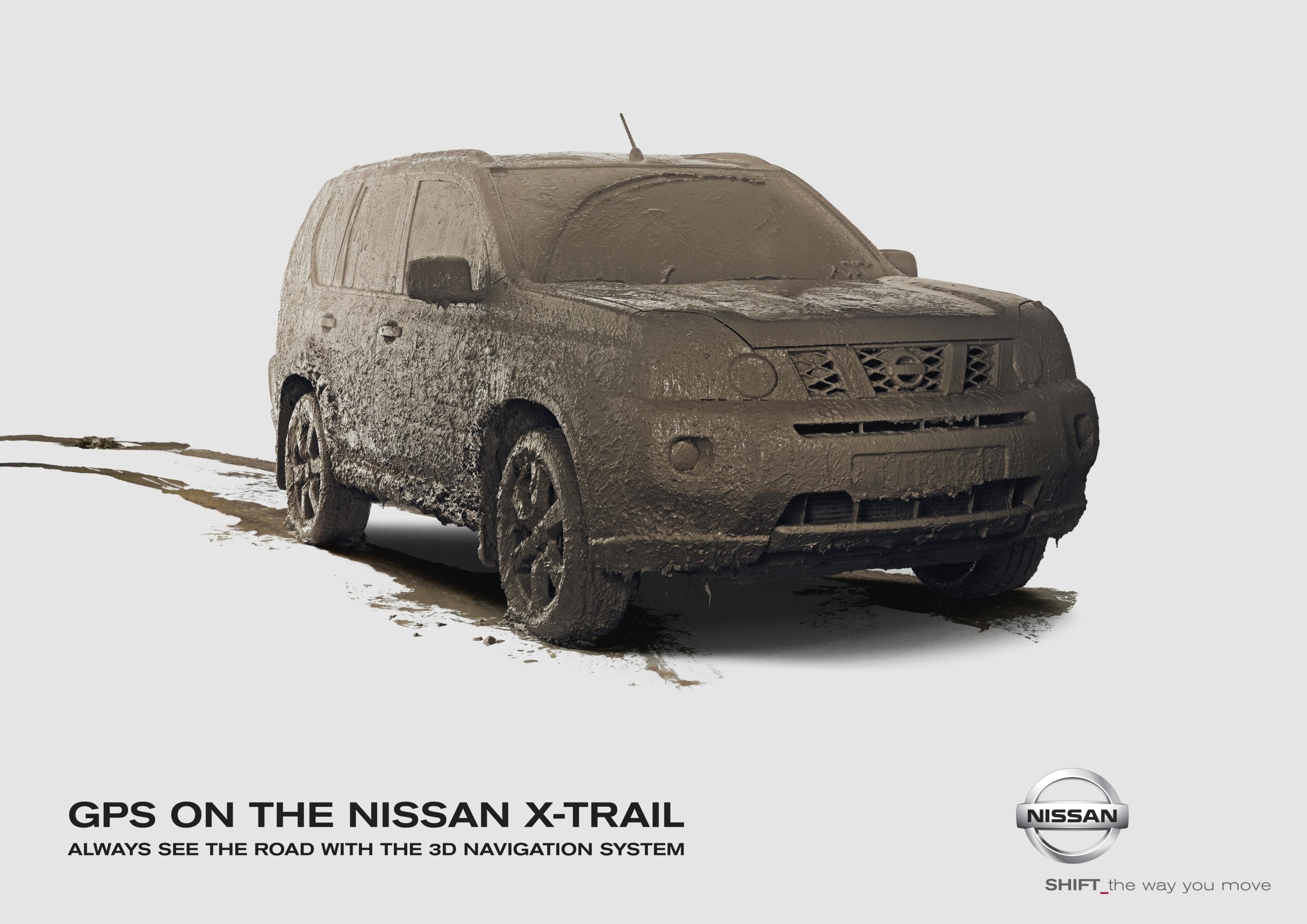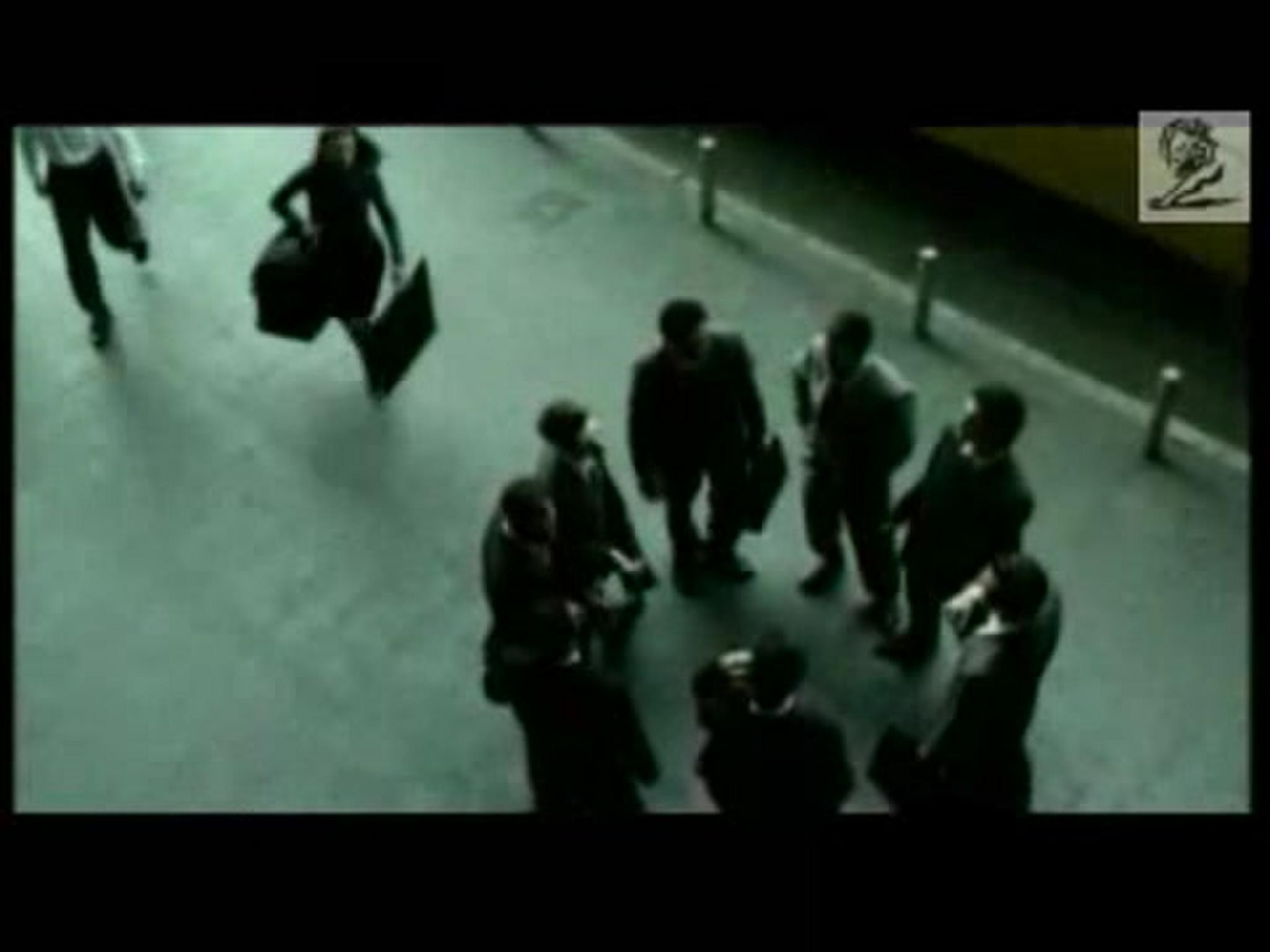Cannes Lions
Volkswagen RooBadge
DDB SYDNEY / VOLKSWAGEN / 2024
Awards:

Overview
Entries
Credits
Overview
Background
90% of animal collisions in Australia involve kangaroos, which results in tens of thousands of vehicle accidents yearly. Almost all of these accidents result in the kangaroo's death and cost over $100 million in insurance claims. The number of collisions is sadly growing, with a leading insurer reporting a 19% increase in claims.
Currently, all deterrents available on the market are scientifically proven ineffective. For example, plastic 'roo whistles' fitted to a car's grille produce generic audio that does not actively deter kangaroos and typically can't be heard over the vehicle's noise.
The Volkswagen team witnessed this firsthand when filming a commercial in rural Australia. They hit a kangaroo with their Amarok equipped with a plastic whistle, which led them to question why no one had solved this problem. As a result of this real-life experience, the client briefed us on how Volkswagen could leverage its size and safety credentials.
Idea
RooBadge is a revolutionary accessory that transforms the Volkswagen badge into a protective audio shield to deter kangaroos from roads. It comes equipped with an in-car app that uses machine learning to compare the vehicle's GPS coordinates with kangaroo distribution records. The app then creates an audio deterrent specifically engineered to alert the kangaroo species in that location by mixing artificial sounds with meaningful sounds from nature, such as predator howls, bird calls, and warning thumps.
When a vehicle enters a kangaroo hotspot, RooBadge automatically activates and emits a focused beam of high-frequency sound using cutting-edge directional speaker technology, which alerts kangaroos of approaching danger and deters them from the road, making travel safer for drivers and wildlife.
Strategy
Over a number of decades, insurance companies, government bodies, and scientific organizations have kept records of kangaroo collisions. However, there is no central database containing all the information, which has resulted in data being spread far and wide. To address this issue, we collaborated with these organizations to create the first-ever central database of kangaroo collisions. We collected data from the past 30 years and cross-referenced it with the kangaroo warning sign database to create a national map of kangaroo hotspots.
Although species geo-distribution data was available, it was outdated. To make updating the data easier, we created an API that will enable all parties to access and manage the data in real-time.
To make this process as easy as possible, we collaborated with animal protection agencies to launch a mobile reporting tool that captures kangaroo collisions by species and gender. Helping make kangaroo protection easier for all.
Execution
Scientists have been tracking the movements of different kangaroo species across Australia since the 1960s, along with their unfortunate collisions with vehicles. Four years ago, Volkswagen Australia partnered with leading kangaroo behaviourists from the University of Melbourne to use this data to help reduce kangaroo collisions.
Timeline
2019
Project kick-off
Partnered with Melbourne University
Research confirms all current vehicular kangaroo deterrents are ineffective.
Developed "meaningful sounds" approach.
Ethics Committee approval to proceed.
Successfully determined meaningful sounds from nature can deter kangaroos within 3 seconds of them hearing it.
2020
Prototype v1.
Developed a "testing plan" to validate hardware.
Ethics Committee approval to proceed.
We successfully validated that our sound can be heard 300 metres ahead of a vehicle travelling 110km or 11 seconds before the car arrives.
COVID
In-car application development begins
2021
Prototype V2
Developed testing program of hardware and sounds.
Ethics Committee approval to proceed.
Successfully demonstrated the hardware and software combination to deter kangaroos.
Number plate attachable prototype (for all vehicles) design begins.
In-car app beta
RooBadge V1 produced.
Universal version prototype
In car app V1 released
2023
Developed a "testing plan" for moving vehicle trails.
Ethics Committee approval to proceed.
Begin trials to gather more data.
Partner with WIRES Australia's leading animal protection agency to develop a mobile reporting tool to gather live data on new kangaroo collision hotspots to make RooBadge more effective.
2024
Volkswagen begins talks with overseas partners to adapt RooBadge to deter deer.
RooBadge V2 begins development with new speaker technology to increase the range to metres.
Product announced to the public.
Website launch
Over five hundred Australia's registered for the first release in 48 hours.
Outcome
Results
533 Australian Media Mentions (14% TV, 36% radio, 7% print and 40% online)
103M total potential editorial reach (or 5+ potential exposures given
Australia's adult population of 20.7M)
98% positive sentiment
$7m+ Australia earned media value.
30,000 visitors to the website
500+ signed up for the 1st release in 4 day
1.3k Global media mentions
1.5B total potential editorial reach
We’re working with partners overseas to modify RooBadge to deter other animals, such as deer. This wouldn't have been viable without the geo-adaptable audio that RooBadge emits.
Since the introduction of RooBadge in Australia, numerous government and private organisations have shared and contributed data to our master database, which has helped us improve our solutions. Volkswagen has been invited to talk at various forums about innovation, including government-held ones.
Similar Campaigns
12 items



